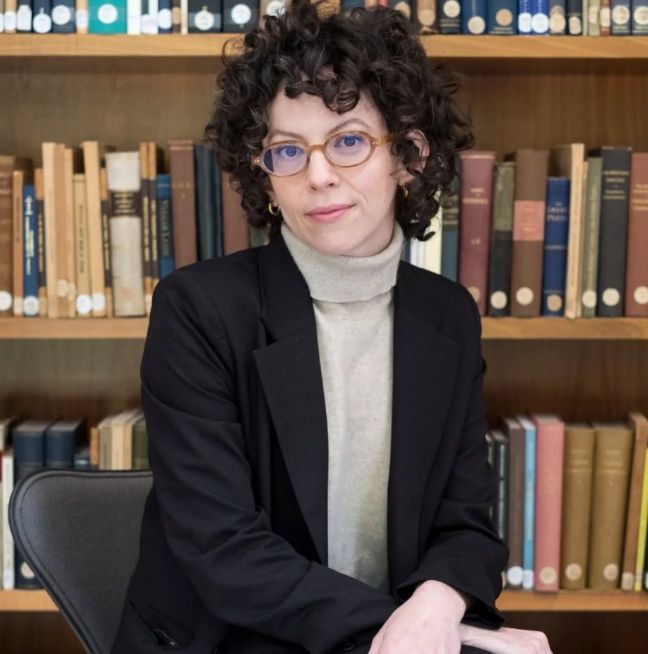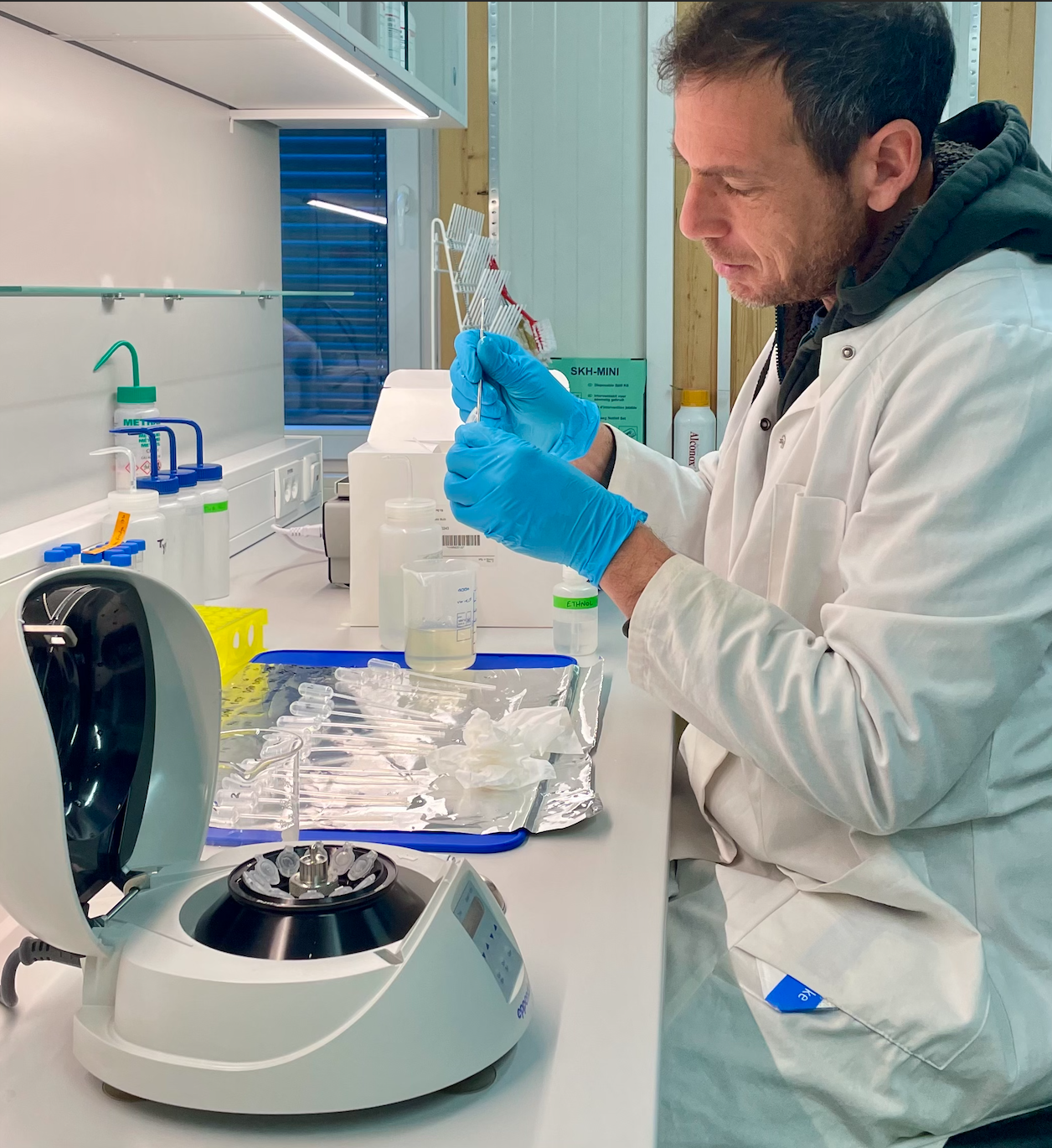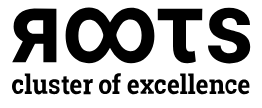The Archaeology Stable Isotope Laboratory (ASIL) investigates the complex interplay between humans, animals, and plants in various environmental and cultural settings. Directed by Dr. Cheryl Makarewicz and managed by Dr. Christine Winter-Schuh, ASIL employs multi-stable isotope analysis to study ancient human mobility, diet, animal husbandry, and plant cultivation practices. The lab focuses on Neolithic, Bronze Age, and Iron Age communities in the Near East, Eurasian Steppe, and Central and Northern Europe. ASIL also explores the impact of diagenetic processes on isotope signals and develops innovative sample preparation protocols for bones, teeth, and charred seeds to achieve high resolution datasets that capture authentic in vivo isotope values.
ASIL is a core facility for isotope research conducted in the Institute of Prehistoric and Protohistory Archaeology at the University of Kiel and also for the Excellence Cluster ROOTS, recently renewed for seven more years. The lab supports a diverse international body of MA students, PhD candidates, and postdoctoral scholars supported by the European Research Council, Humboldt Foundation, Marie Skłodowska-Curie Action (EU), Minerva Stiftung, Deutscher Akademischer Austauschdienst (DAAD), the German Science Foundation (DFG), and other funding bodies worldwide. ASIL also offers training courses and welcomes researchers wishing to integrate stable isotope approaches into their research.
Recent Updates
12/2025 ERC grant for Dr. Angela Trentacoste
Congratulations to recent ASIL post-doc Dr. Angela Trentacoste for receiving an ERC Consolidator Grant for her FEROCI project - Feeding Roman Italy: Continuities and Innovations in animal production from urbanisation to empire. The project will employ cutting-edge analyses of animal bones and teeth to examine agricultural and pastoral production strategies in ancient Italy from c. 600 BC to AD 200, a period marked by urbanisation and political expansion.
More information: https://www.arch.cam.ac.uk/news/dr-angela-trentacoste-awarded-erc-consolidator-grant

Projects

PASTLOST
PASTLOST investigates early experimentation with animal husbandry in northern and eastern Kazakhstan, a crucible of human innovation in the steppe where horses were brought under human control much earlier than elsewhere.

ASIAPAST
This multi-disciplinary project explores the emergence of mobile pastoralism in the ancient Eurasian steppe where a unique transformation in human lifeways was initiated 5,000 years ago - when people began to rely on sheep, goat, cattle, and horses for both their daily subsistence as symbols.

Agricultural Regional Diversity & Social Inequality (ARDS)
Weaving together isotopic, palaeobotanical, and zooarchaeological datasets, ARDS investigates how the adoption of plough agriculture and changes in pastoralism in the Carpathian Basin during the Bronze Age led to increased social inequality - as evidenced by intensified production, land and labor control, and wealth accumulation in large tell settlements.

The PaleoBIRD Project
The PaleoBIRD project uses proteomic and isotopic analysis of bird remains from Levantine Stone Age sites to understand how climate change during the Pleistocene affected bird populations, human diets, and the overall Levantine landscape.

MicroTraces
This postdoctoral study explores the environmental and climatic factors that influenced the transition from hunter-gatherer societies to early sedentism and agriculture in the southern Levant by employing high-resolution multi-proxy approaches - including isotopic analysis of herpetofauna remains and leaf wax n-alkane.

Equipment
ASIL provides cutting-edge stable isotope analysis of archaeological and modern materials. Our state-of-the-art equipment enables the analysis of a wide range of sample types – including bone, teeth, hair, plants, and water. ASIL is equipped with two isotope ratio mass spectrometers and peripherals (EA-IRMS, GC-C-IRMS) to measure bulk and compound-specific stable isotopes, a gas chromatograph (GC-FID), and other specialized instruments. ASIL also houses a wide range of sample preparation equipment including drilling stations, mills, ovens, and analytical balances. These capabilities enable in-depth investigations into various aspects of past human behavior, diet, mobility, and environmental conditions.
People

Prof. Cheryl Makarewicz
Laboratory Director
2010 - current

Dr. Christine Winter-Schuh
Research Scientist and Laboratory Manager
2015 - current

Lea Kohlhage
Research Assistant
2023 - current



